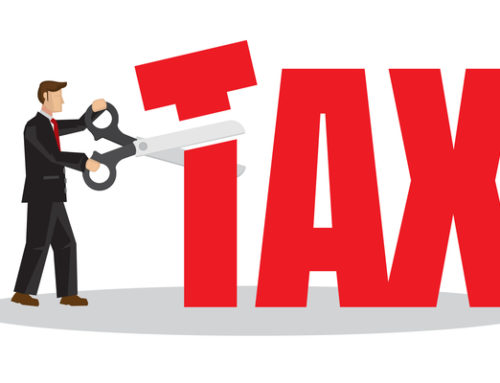Life insurance has a reputation for being confusing and is often misunderstood. Term life or whole life? Flexible or inflexible premium payments? Insure for a set amount of time or to a certain age? No matter what type of life insurance is inevitably right for you, every policy provides a tax-free death benefit income to the beneficiary of the policy. Life insurance benefits are immense if tragedy strikes in the life of the insured, so you need to get prepared. In an effort to bring clarity to the topic, we’ve defined for you the different types of life insurance listed from least to most expensive below.
Term Insurance
Term life insurance, considered to be the most basic, is purchased for a predefined term such as 10 or 20 years. Because term insurance just offers death benefit protection and any premiums paid are not available to the policy owner, it is the most affordable. The premiums are fixed for the length of the term after which the life insurance company can raise the premiums to the maximum amount per year as stated in the contract.
Indexed Universal Life
Indexed universal life is a permanent insurance policy wherein a portion of the premiums is invested in an index such as the S&P 500. Insurance companies typically guarantee the principle amount or death benefit but cap the returns at a maximum usually between 8-10% per year. The policy’s owner can borrow the policy’s cash value at any time with tax consequences occurring only if the policy is surrendered. Any premium loans are deducted from the death benefit. The policy cannot experience losses in the cash value with the exception of the cost of monthly premiums. Indexed universal life is ideal for those wanting the added security of having a fixed policy with added interest-earning potential.
Guaranteed Universal Life
Guaranteed universal life is a hybrid type of life insurance that combines elements from both term and permanent insurance. At the onset of the contract, the policyholder chooses the age at which he or she would like the death benefit to be guaranteed. Because it is age-specific, it allows for a more flexible policy length and often covers you for shorter periods of time. This will pay an interest rate but the cash value is not easily available to the owner for 18-20 years, typically. A major benefit is that premium payments can be structured according to your preferences.
Variable Life Insurance
The terms above for guaranteed universal life are the same for variable life insurance with the exception that part of the premium is invested in the stock market. The cash value therefore is subject to grow as the investments grow, but are also at risk for fluctuations to the underlying investments. Growth to the cash value is not taxable as ordinary income and, in some cases, may be received without income taxation.
Whole Life Insurance
The most common type of life insurance, whole life insurance, is the same as indexed insurance with the exception that the company will declare a dividend every year, which is credited to the cash value of the policy. The insurance company also pays a stated portion of the premiums back to the owner annually per the agreement. Having a life insurance policy in place ensures something good can come out of something terrible. Chat with your financial planner to find the right policy type for your needs.




